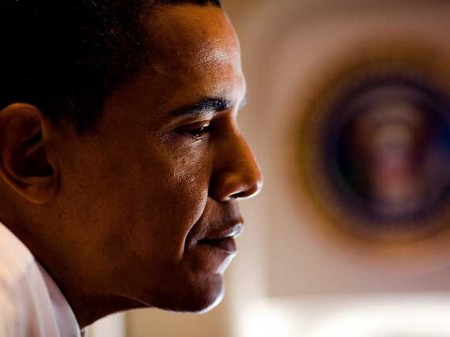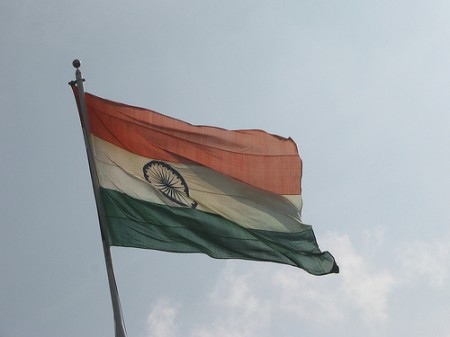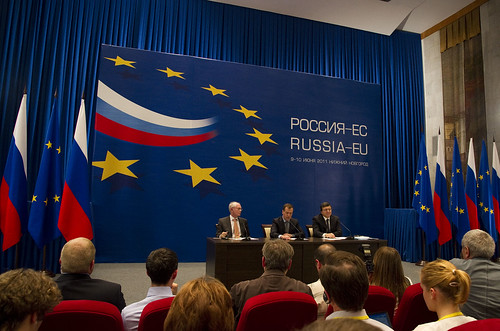
Every year the Center for Security Studies and the Military Academy at the Swiss Federal Institute of Technology, Zurich (ETH) conduct a survey to determine the Swiss electorate’s attitudes toward a variety of Swiss-specific foreign, security and defense policy issues. This year, 1,200 people were surveyed and the results are now available here. Those who are familiar with these types of surveys might wonder whether the Sicherheit 2013 is as potentially dry as other statistics-laden reports. Nothing could be further from the truth. Since Swiss democracy is a uniquely direct and fully consensual form of political self-organization, what the survey actually contains is high drama – i.e., the drama of a people struggling to define their beliefs, values and very identity over time. And although some of these intangibles may wax and wane in importance, others remain at the core of what it means to be a citizen and what obligations citizens owe their country and beyond. In the case of the Swiss, their attitudes toward neutrality, hard power and conscription are indeed at the center of their ‘Swissness’. In today’s blog, we’d like to provide a thumbnail sketch of how the people of this small multi-lingual country have viewed one of these three areas over time.




